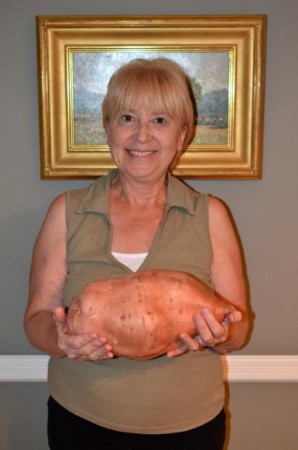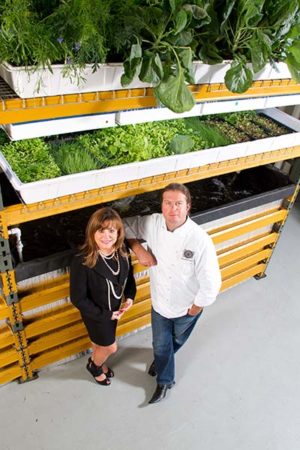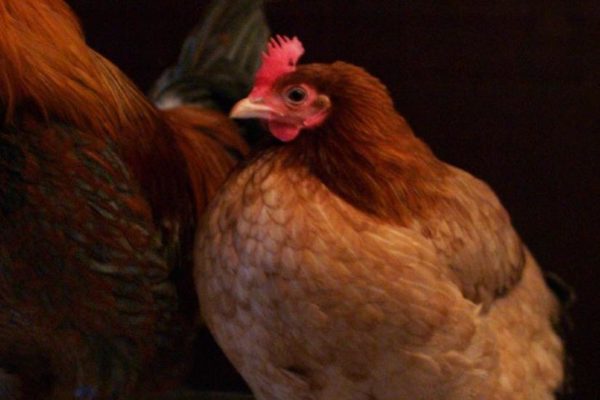 Walter Tejada, the new Arlington County Board Chair for 2013, says he will use his chairmanship to push for progress in four local policy areas: affordable housing, fitness and health, urban agriculture, and pedestrian and bicycle safety.
Walter Tejada, the new Arlington County Board Chair for 2013, says he will use his chairmanship to push for progress in four local policy areas: affordable housing, fitness and health, urban agriculture, and pedestrian and bicycle safety.
Tejada and other County Board members outlined their vision for the county at the Board’s traditional New Year’s Day meeting on Tuesday. As Chair, Tejada’s priorities will receive the sharpest focus.
In a seven-page speech, Tejada repeatedly called on the county to “move forward together… for all of Arlington.”
Tejada’s first major policy initiative is affordable housing. Tejada repeated a call he and Board member Chris Zimmerman previously made: for new affordable housing investment funded via adoption of Tax Increment Financing for Columbia Pike. The TIF would steer a percentage of taxes gained through increases in property values along Columbia Pike to the creation of new affordable housing, to bolster the county’s existing 6,585 committed affordable units.
“Already on Columbia Pike, market forces are threatening one of the County’s largest supplies of market-rate affordable housing,” Tejada said. “I have asked [County Manager Barbara Donnellan] to analyze and submit a recommendation by June 2013 for creating a transit oriented affordable housing fund on Columbia Pike through adoption of a TIF.”
“We need to house our healthcare workers and teacher aides, our cashiers and restaurant workers, our cleaning staff and small business employees, and other hard-working people so vital to our County’s economic health,” he continued. “We need to maintain the cultural and economic diversity that is so vital to Arlington’s soul, for all of Arlington.”
Tejada acknowledged that more affordable housing will not come cheap, but quoted former president John F. Kennedy in saying, “To those whom much is given, much is expected.”
An affordable housing TIF on the Pike wouldn’t be the county’s first use of the funding vehicle. A TIF is in place to fund infrastructure improvements in Crystal City, including a planned Crystal City streetcar.
After affordable housing, Tejada called for the county to “promote healthy living” through an initiative called FitArlington.
The new focus on fitness and health will include the creation of a “Arlington Healthy Community Action Team” (HCAT) comprised of local health and fitness providers, youth services providers, nutrition educators and urban agriculture enthusiasts. In addition to promoting physical fitness in general, the county will work in partnership with the HCAT and Arlington Public Schools to help reduce the rate of childhood obesity in Arlington.
The childhood obesity initiative will kick off with a community meeting from 9:30 to 11:30 a.m. on Thursday, Jan. 17 at the Fairlington Community Center (3308 S. Stafford Street).
Tejada also highlighted the work of the county’s Urban Agriculture Task Force, which was announced as an initiative at the 2012 New Year’s Day meeting. Among the issues being considered by the task force is the controversial proposal to allow Arlington residents to raise egg-laying hens in their backyards. Tejada said he expects the task force’s forthcoming recommendations to help promote healthy eating in Arlington.





